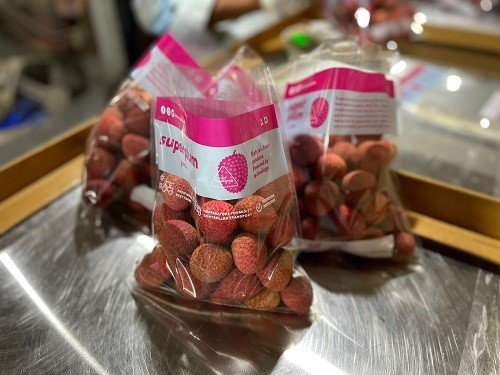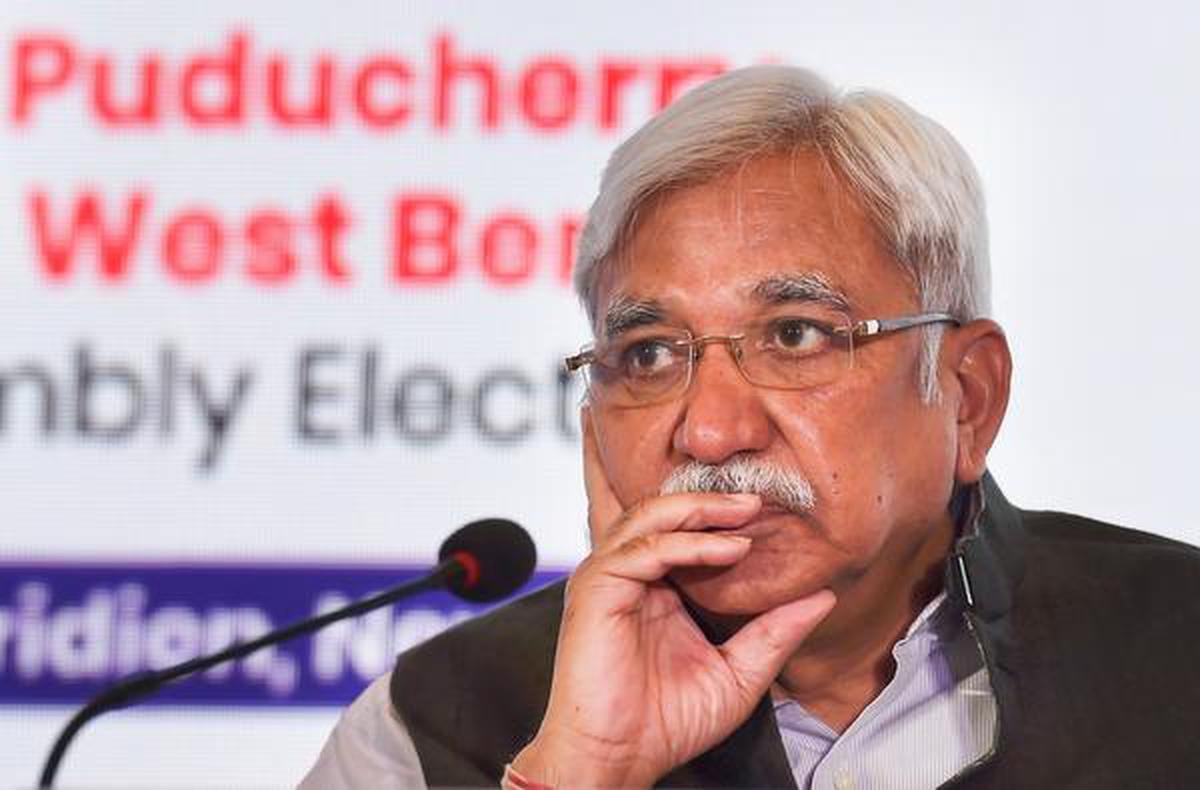A panel discussion was organised for the effective and holistic promotion of herbal sector in the country
Union Minister for Environment Forest and Climate Change and Labour and Employment, Bhupender Yadav attended a programme for the “Buyer-Seller Meet among Farmer Bodies, Industries and State/UT Government on challenges faced and way” which included discussion on medicinal plant cultivation and supply chain management held at Gandhinagar, Gujarat. Minister of State, Ministry of Ayush and Ministry of Women & Child Development, Dr Munjpara Mahendrabhai Kalubhai also attended the event. The ministers released region-specific medicinal plants booklet, poster on R&D achievements and poster on supply chain management at the event.
Yadav appreciated the views of all the experts and efforts of NMPB to bring the Ministry of Agriculture & Farmers Welfare, Ministry of Environment, Forest & Climate Change, Agriculture and Processed Food Products Export Development Authority (APEDA) and Ministry of Development of North Eastern Region (DoNER) on one platform to discuss and deliberate the issues of medicinal plants.
“A training module may be prepared to educate the local people residing in the adjoining forest areas for sustainably collecting the minor forest produce,” he insisted.
The minister stressed that our ancient literature, time and method of collection and part of collection etc. of medicinal plants should be well documented in order to benefit the humanity.
Bhupender Yadav highlighted that an important issue is to know about the active component/ingredient of medicinal plants to maintain the quality which should be addressed. Since, demand and supply of medicinal plants depends on market, a meeting may be organised with the officials of State Forest Departments for effectively development of medicinal plant resources and make them available in sustainable manner, he added.
The minister also informed that an amendment on Biological Diversity Act is under process and it would be beneficial for farmers and industries.
Panel discussion on faced and way forward on medicinal plants cultivation and supply chain management along with buyer-seller meet among farmer bodies, industries and State/UT Government was organised by NMPB at Mahatama Mandir, Gujarat.
Speakers from the concerned ministries especially from Ministry of Environment Forest & Climate Change, Ministry of Agriculture and Farmers Welfare, APEDA and Industry participated in a panel discussion and shared their views for the effective and holistic promotion of herbal sector in the country. The panel discussion was chaired by the secretary DONER who appreciated the initiative of NMPB for bringing various stakeholders at one platform for the holistic development of the sector.
The event was attended by more than 500 delegates.
To facilitate marketing of medicinal plants, more than 50 MoUs were signed between industry and farmer bodies with the concerted efforts of SMPBs and RCFCs under the guidance from NMPB.
A panel discussion was organised for the














